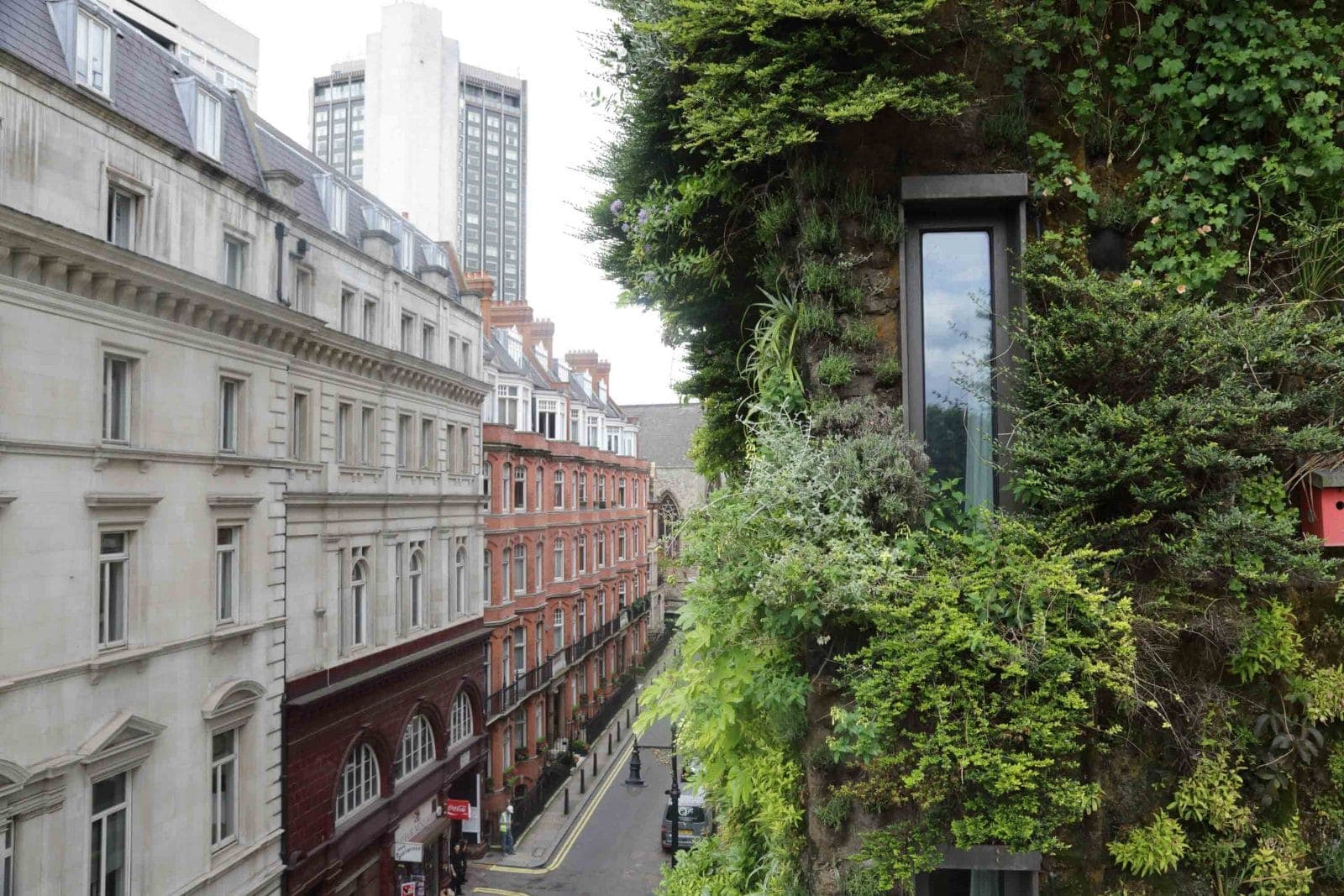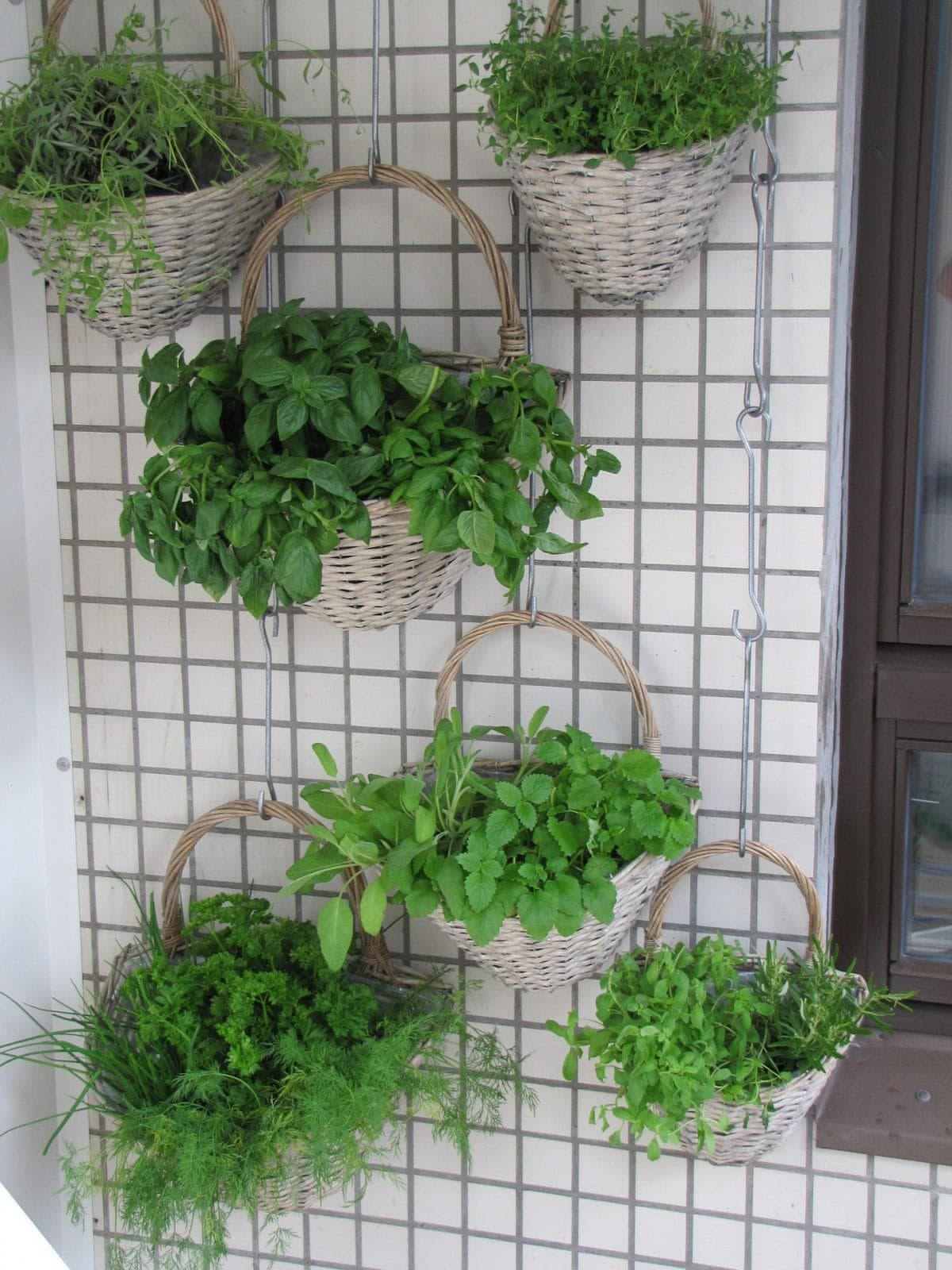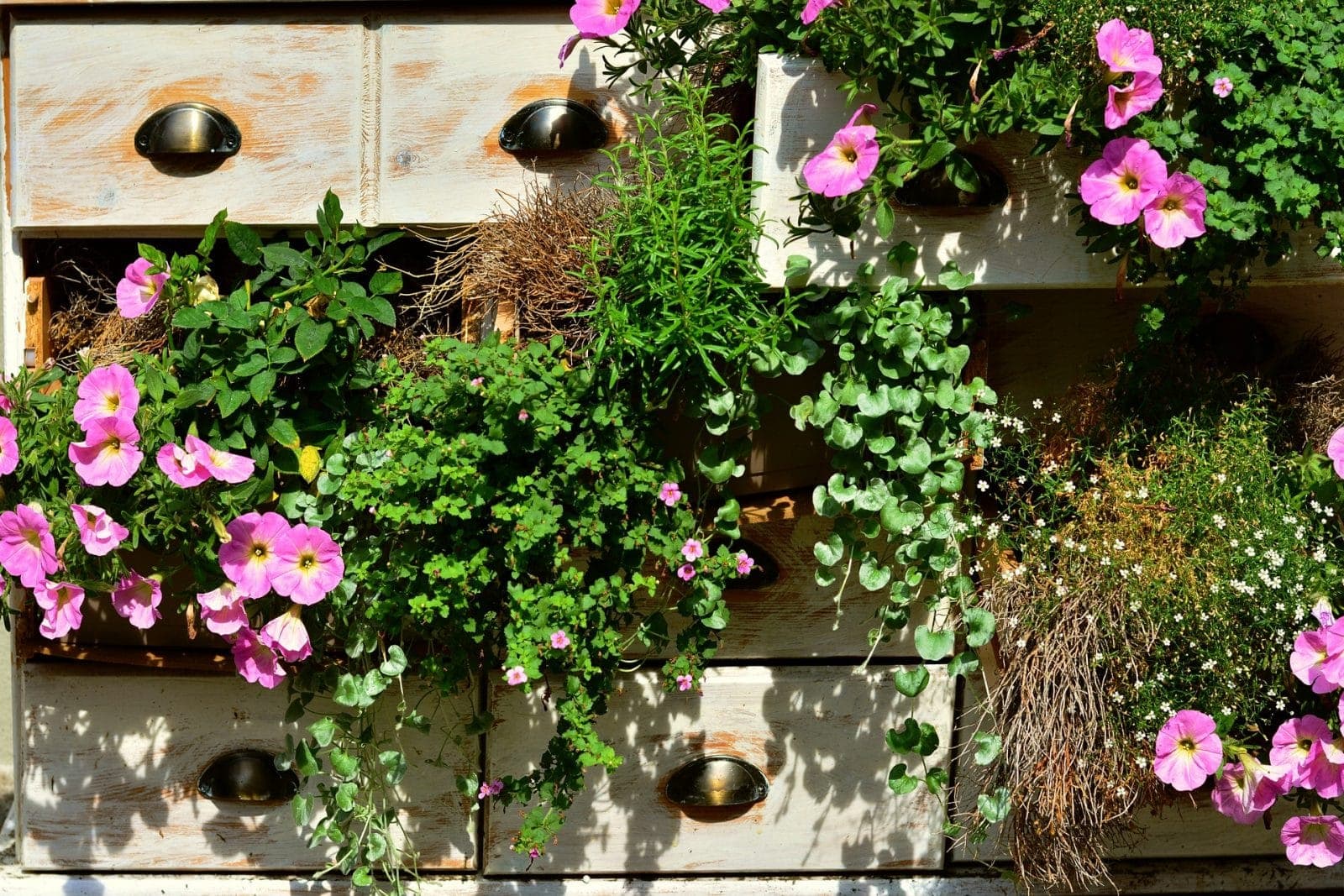A Journey Through Chinatown: Steps from The Athenaeum
Nestled in the heart of London, just a short stroll from The Athenaeum, Chinatown is a vibrant enclave brimming with culture, history, and culinary delights. […]
17th June 2022
London is a city that prides itself on its green spaces. And so it should, when space in the city is at such a premium. An impressive 5,000 acres of the city itself is covered in Royal parkland, not to mention all the other commons, parks and community gardens that Londoners love to spend time in, whatever the time of year.
At The Athenaeum, we’ve taken the green city revolution a step further in our Living Wall. A widely recognised symbol of the hotel, the garden starts at street level and wends its way up alongside the building, right to the penthouse on the tenth floor. Botanical architecture at its best, the Living Wall pays tribute to Green Park across the road, and has become a haven for biodiversity.

Designed by the award-winning artist and botanist Patrick Blanc, the Living Wall at The Athenaeum was Blanc’s first British installation. After studying how plants grow on vertical rock faces, he perfected a technique for growing plants in urban environments without the need for soil. As a result, our Living Wall grows on a structure just in front of the building, incorporating an array of native and exotic plants.
Being around greenery is proven to make us happier, healthier and more productive. If you want to make a green design statement like us, follow our tips on how to create your own vertical garden at home. And remember, there are no gardening mistakes, just experiments…

Whatever space you have at home, it’s still big enough for a vertical garden. Even if you only have a balcony or a small patch of wall, it’s still possible to create a vertical green haven. The only thing to bear in mind is what weight the wall or fence can support. In one of its simplest forms, a green wall can be created with a wooden trellis, with a few small pot plants attached to it.
You don’t need to be a green-fingered DIY genius to create a vertical garden. There are many basic materials you can use as the supporting structure for the garden. Aesthetics aren’t too important in this respect, since whatever you use will soon be covered in plants anyway. Materials to consider using include hex wire or mesh, weather-proofed curtain rails with plants hanging from tweed or coloured string, or hessian sacks that can be attached to a wall and filled with plants.

Don’t use invasive plants such as ivy, which will stick to any surface and eventually cause damage. If your vertical garden will have plants in containers, ferns, geraniums and petunias work well. Also plant some herbs to create sweet scents while doubling up as a handy kitchen garden. If you want plants that will climb, jasmine looks great and gives an amazing perfume. If you prefer plants that don’t need soil, choose air plants for your vertical garden, which get all the nutrients they need from the air.
If you don’t have a spare piece of wall for a vertical garden, or if you want to do something more unusual, don’t hold yourself back. You could create a small vertical garden by stacking a few old crates on top of each other and filling them with plants of your choice. Alternatively, upcycle an old chest of drawers by taking it outside and filling the drawers with plants.
If planting your own vertical garden at home seems like a little too much hard work, just pop down to visit us at The Athenaeum instead. Take in the splendour of the Living Wall before letting us take care of you with an afternoon tea or a meal at 116 at The Athenaeum. Enjoying greenery in the form of cucumber sandwiches or endive salads surely comes a close second to planting your own vertical garden…doesn’t it?

Copyright © 2024 – The Athenaeum | Website by Up